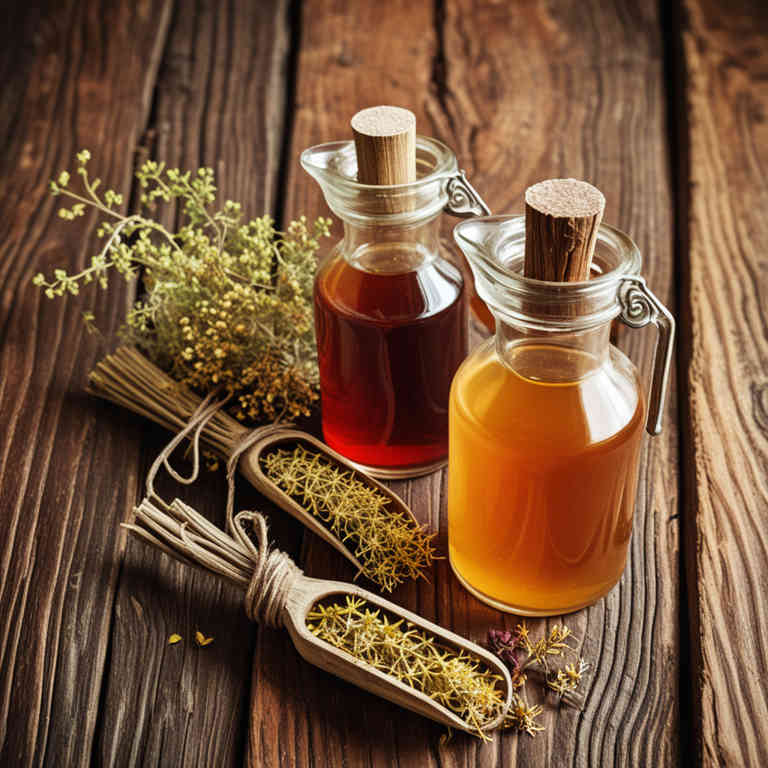Zanthoxylum bungeanum syrup for medicinal use

Zanthoxylum bungeanum syrup is a traditional herbal preparation made from the dried fruits of the Zanthoxylum bungeanum plant, commonly known as Sichuan pepper.
This syrup is used in herbalism to support digestive health and alleviate symptoms such as bloating and indigestion. It is often prescribed to stimulate appetite and improve the function of the gastrointestinal system. The preparation may also have analgesic properties, helping to relieve pain associated with stomach discomfort.
In traditional Chinese medicine, it is valued for its warming effects and its role in harmonizing the body's energy.
Uses
Zanthoxylum bungeanum syrup has been used to treat digestive issues, respiratory conditions, and skin ailments for centuries in traditional Chinese medicine.
Historically, it was valued for its ability to stimulate digestion, reduce inflammation, and alleviate pain, making it a common remedy for ailments like gastritis and coughs. In modern times, the syrup is still used in some traditional practices and has gained attention for its potential anti-inflammatory and antimicrobial properties. It is often prepared from the dried fruits of the plant, which are rich in bioactive compounds.
Today, it is available in some herbal markets and is being studied for its possible role in supporting overall health and wellness.
Benefits
Zanthoxylum bungeanum syrup has health benefits such as improving digestion, reducing inflammation, and boosting the immune system.
It is traditionally used in Chinese medicine to alleviate symptoms of gastritis and indigestion due to its carminative properties. The syrup also contains compounds that may help in managing pain and reducing fever. Its antioxidant properties contribute to overall wellness by combating free radicals in the body.
This herbal preparation is often recommended for its ability to support respiratory health and ease coughing.
Constituents
Zanthoxylum bungeanum syrup active constituents include alkaloids, flavonoids, essential oils, and phenolic compounds.
These components contribute to its traditional use in promoting digestion and relieving gastrointestinal discomfort. The alkaloids may help in reducing inflammation, while the flavonoids act as antioxidants. Essential oils in the syrup are believed to have antimicrobial properties.
Phenolic compounds further support the syrup's role in supporting overall digestive health.
Preparation
To make Zanthoxylum bungeanum syrup, start by washing and drying the fresh or dried fruits of the plant.
Next, place the fruits in a pot and add enough water to cover them, then bring to a boil and simmer for about 30 minutes. Afterward, strain the liquid through a fine mesh strainer or cheesecloth to remove the solids. Add sugar to the liquid and stir until it dissolves completely, then cook over low heat until the mixture thickens slightly.
Finally, pour the syrup into sterilized bottles and store in a cool, dark place.
Side Effects
Zanthoxylum bungeanum syrup may lead to gastrointestinal discomfort, including nausea, vomiting, and diarrhea, due to its high concentration of alkaloids and other bioactive compounds.
It can also cause allergic reactions in individuals sensitive to the plant family, which includes citrus and other related species. Prolonged use may result in liver toxicity, as some components of the syrup can be metabolized into harmful substances. There is also a risk of increased heart rate and hypertension due to the stimulant properties of certain compounds present.
As with any herbal preparation, it is important to consult a healthcare professional before use, especially for individuals with preexisting medical conditions or those taking other medications.